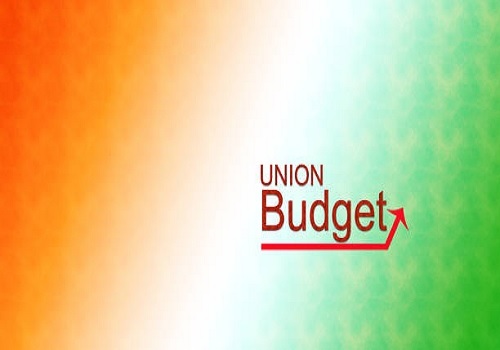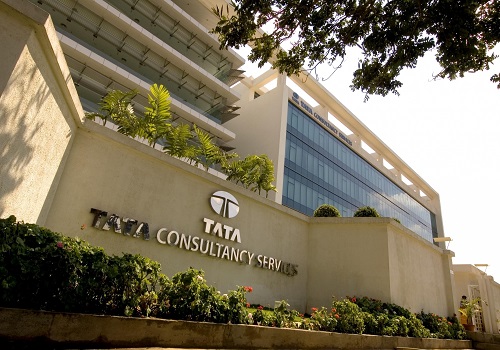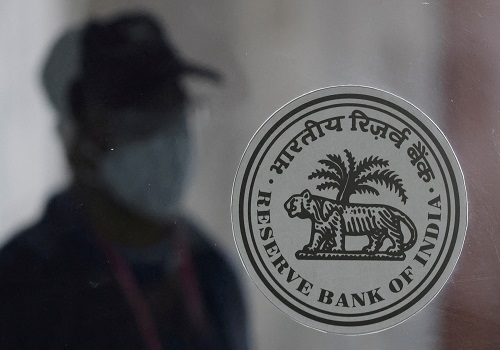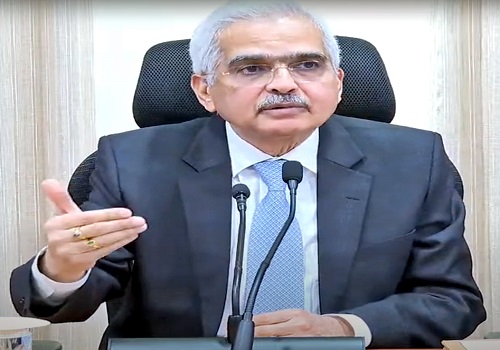Large section of small taxpayers to benefit from move to withdraw old tax demands

Finance Minister Nirmala Sitharaman's announcement while presenting the Interim Budget on Thursday to do away with and withdraw old outstanding tax demands of up to Rs 25,000, which are still appearing in the government’s books as ‘outstanding tax demand’, will provide relief to a large section of small and mid-level taxpayers, said Sanjay Sanghvi, Partner, Khaitan & Co.
Sitharaman said that there are a large number of petty, non-verified, non-reconciled or disputed direct tax demands, many of them dating as far back as the year 1962, which continue to remain on the books, causing anxiety to honest tax payers and hindering refunds of subsequent years.
“I propose to withdraw such outstanding direct tax demands up to Rs 25,000 pertaining to the period up to financial year 2009-10 and up to Rs 10,000 for financial years 2010-11 to 2014-15. This is expected to benefit about one crore tax-payers," she said in her Interim Budget speech.
Sudipta Bhattacharjee, Partner, Khaitan & Co, said that as expected, the Interim Budget primarily featured few tax proposals.
However, a notable proposed amendment in the GST law under the Finance Bill 2024 could significantly impact businesses once implemented.
Under current GST regulations, different branches of the same legal entity are considered separate taxable entities, requiring them to charge GST on goods/services supplied to each other (known as ‘cross-charge’).
Additionally, there's the concept of the 'input service distributor' (ISD) for distributing input GST credit among different branches. Disputes have arisen over ISD versus cross-charge methodologies, prompting the GST Council to recently clarify that taxpayers have the option to choose.
However, the proposed amendment to the Finance Bill seems targeted to make the ISD route mandatory, necessitating a review of inter-branch transactions and potential changes in business processes and compliance.
This change may also trigger new disputes between taxpayers and GST authorities, underscoring the need for clarifications before implementation. Bhattacharjee added.






















